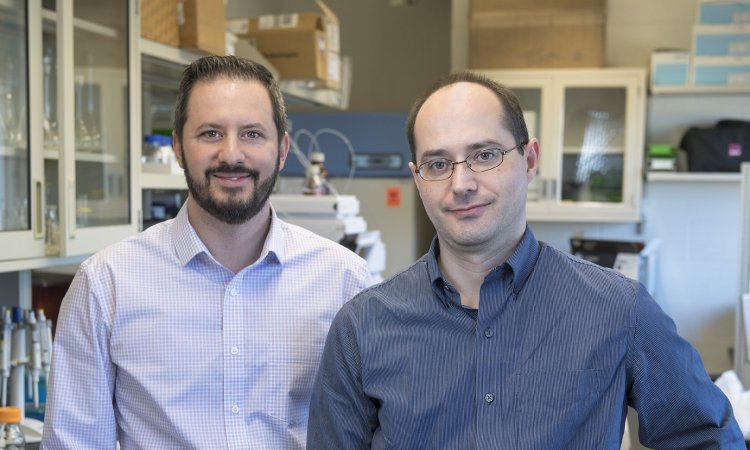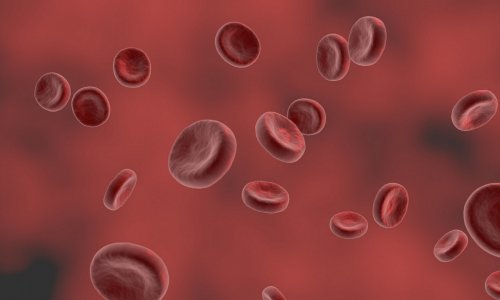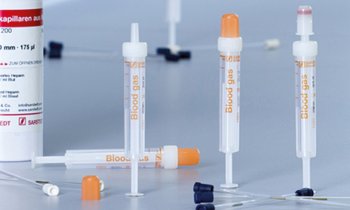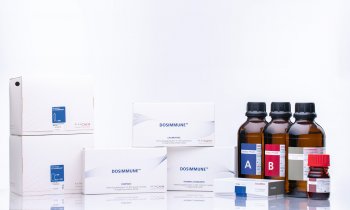News • ACE inhibitor side effects
Lowering blood pressure comes at a price
Patients with diagnosed hypertension often receive ACE inhibitors. But why put up with their adverse effects when equally efficacious but less noxious alternative drugs exist?
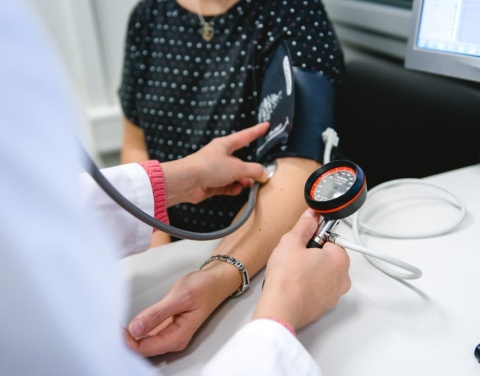
The recent ACC/AHA Guidelines have increased the number of patients said to have hypertension by up to 40 percent (new 130/80 mmHg). The international recommendation is to treat hypertension with angiotensin converting enzyme inhibitors (ACEIs). These drugs, however, have significant adverse effects: Often a chronic dry cough leads to patients withdrawing from treatment. On rare occasions, ACEIs cause angioedema (sudden swelling of the tongue and airways) with potentially fatal outcome. But an alternative and safer drug class exists, as a study by the Department of Cardiology at Inselspital, Bern University Hospital, was able to demonstrate in the «Journal of the American College of Cardiology».
Comparative Efficacy – less serious side-effects
The research team of Prof. Dr. med. Franz Messerli and Prof. Dr. med. Stefano Rimoldi compaired the antihypertensive action of ACEIs and angiotensin receptor blockers (ARBs) in patients without underlying cardiovascular condition and those with coronary artery disease, heart failure or chronic kidney disease. They also examined the adverse effects in each patient group in retrospective. In total, data of 254,301 patients was included in the comparison.
The study demonstrates a comparable efficacy of ARBs to ACIs, as the surrogate endpoint of blood pressure was lowered to a similar extent by the two drug classes. More importantly however, in patients with hypertension and hypertension with compelling indications there was no difference with regard to the outcomes of all-cause mortality, cardiovascular mortality, myocardial infarction, heart failure, stroke, and end-stage renal disease. Under ARB-treatment fewer adverse events were reported, specifically much less angioedema. There was no dry cough and ARBs in some cases even reduced nonspecific symptoms occurring with hypertension such as headaches.
New standard treatment guidelines in sight?
20 to 30 million patients are currently taking ACE inhibitors worldwide. This could statistically result in several hundred fatalities per year through angioedema. Because efficacy is similar but adverse events are fewer with ARBs, risk-to-benefit analysis in aggregate points to these drugs as better frist treatment option. In Switzerland 20 percent of hypertension patients still are prescribed ACE inhibitors.
Source: Bern University Hospital
29.03.2018



